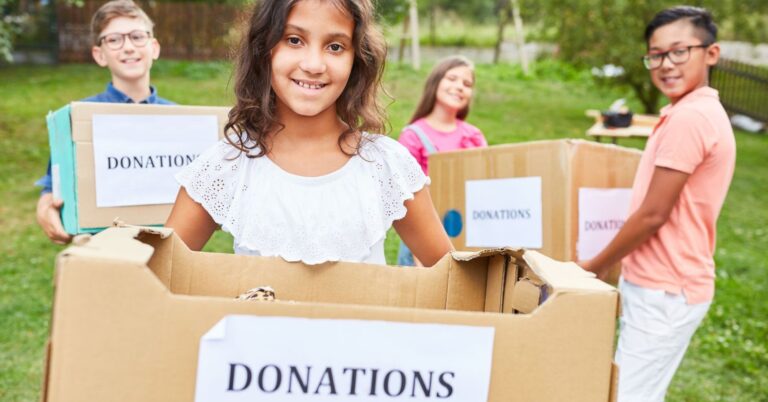Life is full of moments where we have to choose between doing what’s best for ourselves and doing what’s best for other people. Most people, when faced with these moments, are neither entirely selfish nor entirely altruistic. The typical person helps others when they can, but still tends to look out for themselves at least some of the time.
But there is a small group of people who are willing to engage in extraordinary acts of altruism. There are many ways that a person can engage in extraordinary altruism: Some might donate their organs (for example, kidneys, livers, or bone marrow). They might engage in single acts of heroic rescue, putting their own safety at risk to help others in an emergency. Others might make long-term commitments to serve others through organizations like Doctors Without Borders.
Extraordinary altruists are very rare—1 out of 5 million people engage in acts of heroic rescue, and the odds of a person being a living organ donor are about 1 in 17 million.
In 2022, Shawn Rhoads and colleagues conducted a study to determine whether there were specific personality traits associated with acts of extraordinary altruism. They compared the personality traits and behaviors of six different groups of extraordinary altruists with a nationally representative control group.
They found that there were three factors that significantly predicted whether a person was likely to engage in an act of extraordinary altruism:
1. Honesty-Humility
First, Rhoads and colleagues found that extraordinary altruists score high in a trait called honesty-humility. People who score high in this trait tend to care a lot about honesty, trustworthiness, and fairness when dealing with others. On the other hand, those who score low in honesty-humility tend to be more willing to lie, cheat, or steal for personal gain.
People who try to always follow the rules and tell the truth are more likely to engage in large acts of altruism. Less so for those who are willing to tell white lies or bend the rules in certain situations.
2. Reduced Social Discounting
Second, extraordinary altruists engage in less social discounting. The concept of social discounting refers to whether people treat close others (like friends and family members) and distant others (like strangers and acquaintances) differently.
Someone who scores high in social discounting is only willing to help the people that they know extremely well, whereas someone who scores low in social discounting would be willing to help almost anyone (regardless of whether they are a friend or stranger). Almost anyone would be willing to help out a family member in need, but only extraordinary altruists are willing to help strangers.
3. Less Personal Distress
Finally, extraordinary altruists scored low in a trait referred to as personal distress. People who score high in personal distress are more likely to become emotionally upset when they are faced with an emergency. They are more likely to become stressed and upset when things don’t go well. People who score low in personal distress keep their cool and are less emotionally affected when things go badly.
Extraordinary altruists tend to score lower in personal distress, meaning that they are more likely to keep their cool and rise to the occasion when the moment calls for it. Not surprisingly, this trait was particularly important for identifying individuals who engaged in acts of heroic rescue.
The Traits That Don’t Predict Extraordinary Altruism
Interestingly, the study also provides some insight into the traits that don’t predict altruistic behavior. For example, extraversion—a trait related to how friendly and outgoing you are toward others—was not related to altruism.
This finding is interesting, as extraversion is usually considered a desirable trait and individuals scoring high in extraversion tend to have more friends and social connections. But the fact that someone is outgoing and friendly may not mean that they are also likely to help others in a moment of need. Similarly, people who are introverted and reserved are just as likely to engage in extraordinary altruism.





















+ There are no comments
Add yours